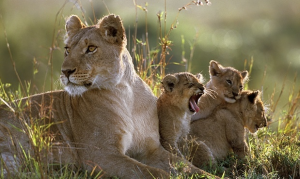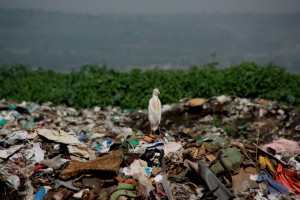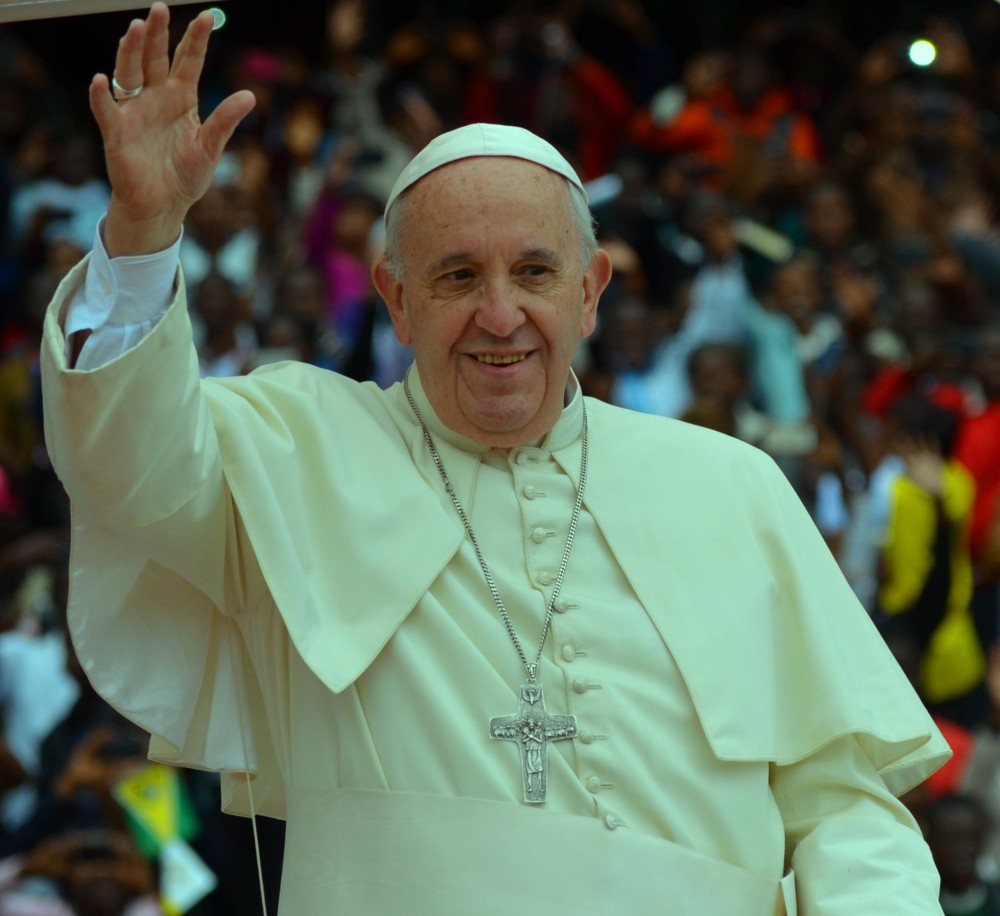As we mark the international human rights day this year, Kenya and the rest of the world is mourning the death of the ‘Marsh Pride’ who were poisoned in the Mara.
The death calls to mind the many deaths of wild animals that have died out of human-wildlife conflict the world over. But they also bring to mind the many deaths of wild animals that have happened out of the sheer lack of care for the environment on the side of man.
Call it wanton destruction as you also think of how Cecil the Zimbabwean lion was killed by Walter Palmer in October this year – for fun one would say. But also think of the many elephants that have died as poachers hunt their tusks and the many other wild animals that face extinction because we, men, have decided to wipe them out of the face of the earth.
Think of all these animals as a beautiful part of God’s creation that is crying for our attention. To kill them is to destroy the environment and hence to commit an “ecological sin” as Pope Francis terms such acts of environmental destruction in his encyclical ‘Laudato Si’.

“To commit a crime against the natural world is a sin against ourselves and against God,”
he says quoting Bartholomew, an Ecumenical Patriarch.
“Every year sees the disappearance of thousands of plant and animal species which we will never know, which our children will never see, because they have been lost forever,”
the Pope says in the May encyclical.
“The great majority become extinct for reasons related to human activity,”
he adds, a message that is so on point in relation to the deaths of the Marsh Pride, Cecil and many others, but more so on the devotion for the international human rights day this year.
It is the
“launch of a year-long campaign for the 50th anniversary of the two International Covenants on Human Rights: the International Covenant on Economic, Social and Cultural Rights and the International Covenant on Civil and Political Rights.”
While announcing the above on its website the United Nations, through its Secretary General, Ban-Ki Moon says,
“on Human Rights Day, let us recommit to guaranteeing the fundamental freedoms and protecting the human rights of all.”
But looked at keenly, this call cannot succeed without care for the environment – the likes of the Marsh Pride and Cecil. Our rights as human beings, end, where their rights start, so the Pope would see it.

“Because of us, thousands of species will no longer give glory to God by their very existence, nor convey their messages to us. We have no such right,”
he says in words whose heaviness should pierce all of our conscience.
These are ‘sins’ that we need to confess, as we mark such a day of the recognition of human rights. But they are not the only ones. We also need to confess sins we have committed against the earth through the poisoning of its waters, global warming, and many more.
“Detergents and chemical products, commonly used in many places of the world, continue to pour into our rivers, lakes and seas. Even the quality of available water is constantly diminishing,” he says.
“Things are made worse by loss of tropical forests which would otherwise help to mitigate climate change. If present trends continue, this century may as well witness extraordinary climate change and an unprecedented destruction of ecosystems, with serious consequences for all of us,” he cautions.
I think there is need for human beings, for man, to recognize that the enjoyment of his rights is directly related with the respect for the respect of environmental rights.
“The earth, our home, is beginning to look more and more like an immense pile of filth. In many parts of the planet, the elderly lament that the once beautiful landscapes are now covered with rubbish,” he observes.
And while the Pope says the political class has a higher responsibility he adds that all of us have a role to play. He wants us to collaborate in
“working towards a good environment. Humanity still has the ability to work together in building our common home.”
And in doing so we need to have the youth and the poor in mind.
“Young people demand change. They wonder how anyone can claim to be building a better future without thinking of the environmental crisis,” the Pope says.


